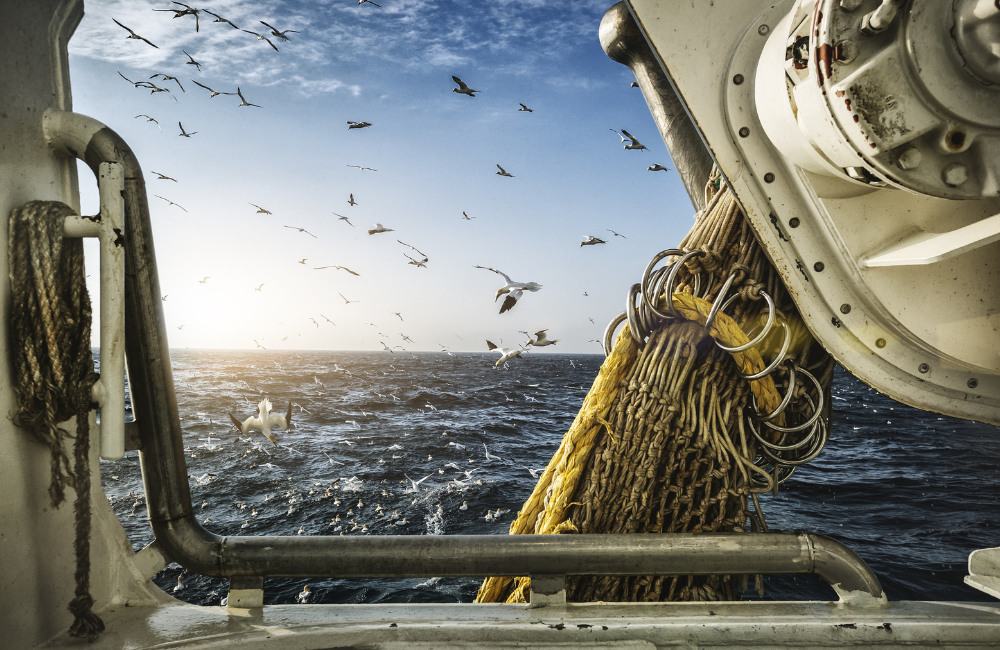
Marine
Angling Trust welcomes restriction of destructive bottom-towed fishing in 13 Marine Protected Areas & closure of North Sea sandeel fishery
Damaging commercial fishing will be restricted in thirteen marine protected areas (MPAs) the government has announced today (Wednesday 31st January 2024) to protect reef and rock habitats. The first 4 offshore MPA byelaws were implemented in 2022. The government also announced the closure of the North Sea sandeel fishery in English waters for both UK and non-UK commercial vessels.
Restricting Bottom-towed Gear in Marine Protected Areas
Sea anglers have long called for bottom-trawling bans in MPAs, and the Angling Trust welcomes this decision as part of the government’s Environmental Improvement Plan.
Why is bottom trawling so damaging?
Bottom trawling is known to be highly damaging due to its destructive impact on seafloor habitats, leading to habitat loss, biodiversity decline, and disruption of ecosystems. The method’s indiscriminate nature results in significant bycatch, contributes to overfishing, and can disturb carbon-sequestering habitats, causing long-term ecological and economic consequences.
Sea anglers across the country are witnessing declines in fish populations. Recreational sea angling – and the livelihoods and communities it supports – depends on abundant fish stocks, and we welcome action to restore our marine environment after decades of commercial damage and overexploitation.
The UK currently has 377 Marine Protected Areas (MPAs) protecting 38% of UK waters. In English waters 181 sites are protecting 40% of our seas. The majority of these sites are not properly protected from damaging commercial activities.
The thirteen introduced byelaws will ban bottom-towed gear – bottom trawls, dredges, demersal seines, and semi-pelagic trawls – over specific areas.
The marine protected areas that will benefit from these restrictions are:
- Cape Bank
- East of Haig Fras
- Farnes East
- Foreland
- Haig Fras
- Haisborough, Hammond and Winterton
- Hartland Point to Tintagel
- Goodwin Sands
- Land’s End and Cape Bank
- North Norfolk Sandbanks and Saturn Reef
- Offshore Brighton
- South of Celtic Deep
- Wight-Barfleur Reef
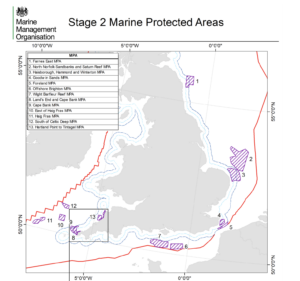
Industrial-scale Sandeel Fishery Closes in North Sea
Also announced today, the English waters of the North Sea will be closed for commercial sandeel fishing before the start of the season on 1 April. UK vessels are not permitted to fish for sandeel because the UK’s share of the Total Allowable Catch (TAC) for North Sea sandeel is not allocated. The spatial closure will extend that prohibition to all vessels operating in English waters of the North Sea.
In March 2023 Defra undertook a public consultation proposing options for future sandeel management in English waters of the North Sea. Over 95% of respondents support some form of prohibition on fishing for sandeel, with a majority favouring the closure of all English waters.
Given the destructive nature of industrial-scale fishing and its impact on the marine environment, the Angling Trust welcome this decision from the government. Sandeels are mostly caught to be used as fishmeal to feed higher-value farmed fish like salmon – an industry with its own devastating impact on the environment.
Hannah Rudd, Policy & Advocacy Manager, said, “Recreational sea angling depends on thriving seas, and the Angling Trust welcomes these long-overdue decisions to protect these marine protected areas from damaging commercial fishing activity and put an end to industrial-scale sandeel fishing in the English North Sea. But we need to go further to support our seas and coastal communities. Prohibiting damaging commercial fishing from the entire UK Marine Protected Area network must be the ambition if we are going to give our seas a fighting chance to recover from decades of commercial overexploitation.”
Grant Jones, Sea Angling Engagement Manager, said “The implications of greater sandeel abundance and MPA protection are wider for the angling sector. Many charter skippers now face a choice of blending their recreational charter work with either coastal tours or commercial fishing. Greater protection for MPA’s and of sandeel will benefit seabirds such as puffins, plus a wide array of cetaceans, making the coastal tours more attractive and lowering commercial fishing efforts.”
For the government press release and associated bylaws, please visit https://www.gov.uk/government/news/nature-recovery-to-be-accelerated-as-the-government-delivers-on-measures-to-protect-land-and-sea
As recreational sea anglers, it’s essential to stay informed and engaged in matters that directly impact the health of our ocean and the future of our sport. The Angling Trust is committed to fighting for fish, fishing and the environment.
Become a member of the Angling Trust today and pledge your support.
Make sure you subscribe to our newsletter and join our Facebook group to be the first to know about the latest sea angling policy developments.
You might also like

We want a water industry fit for purpose

Another year of anglers’ data reveals another year of…

Get Fishing Fund – Funded Project: ‘Summerhayes Junior Angling…
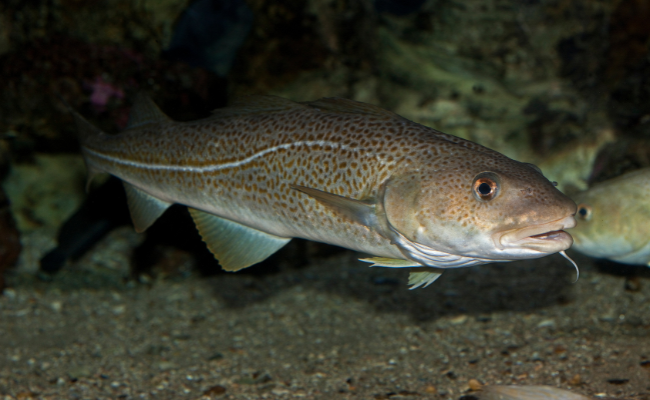
Will the UK-EU Fisheries Deal Deliver for Sustainability and…

The smile says it all! Kayson is hooked! –…
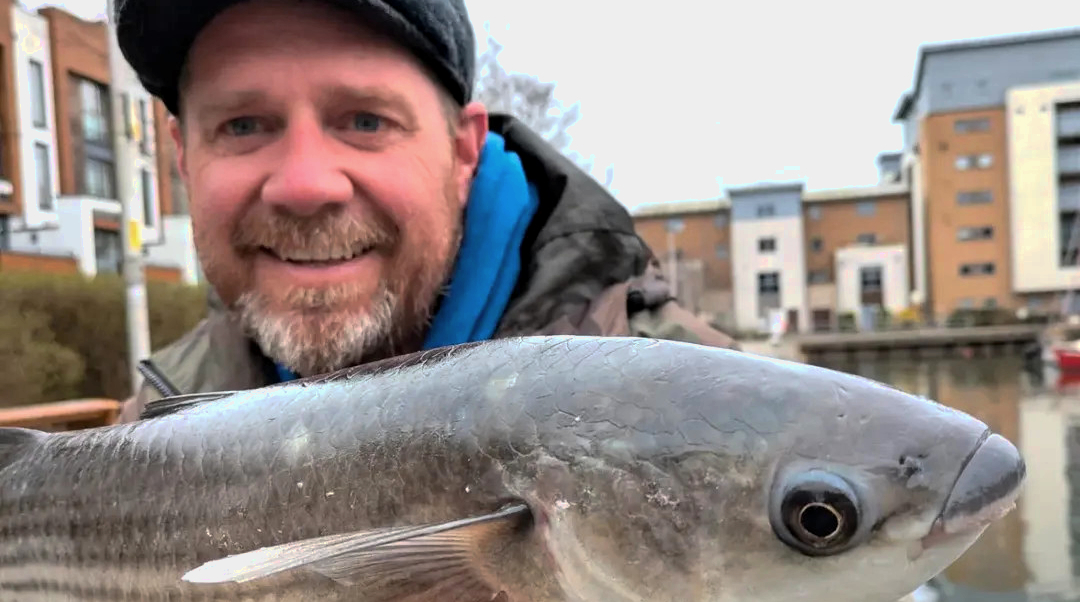
Our Man with a Mullet! Dean Asplin, enjoys a…
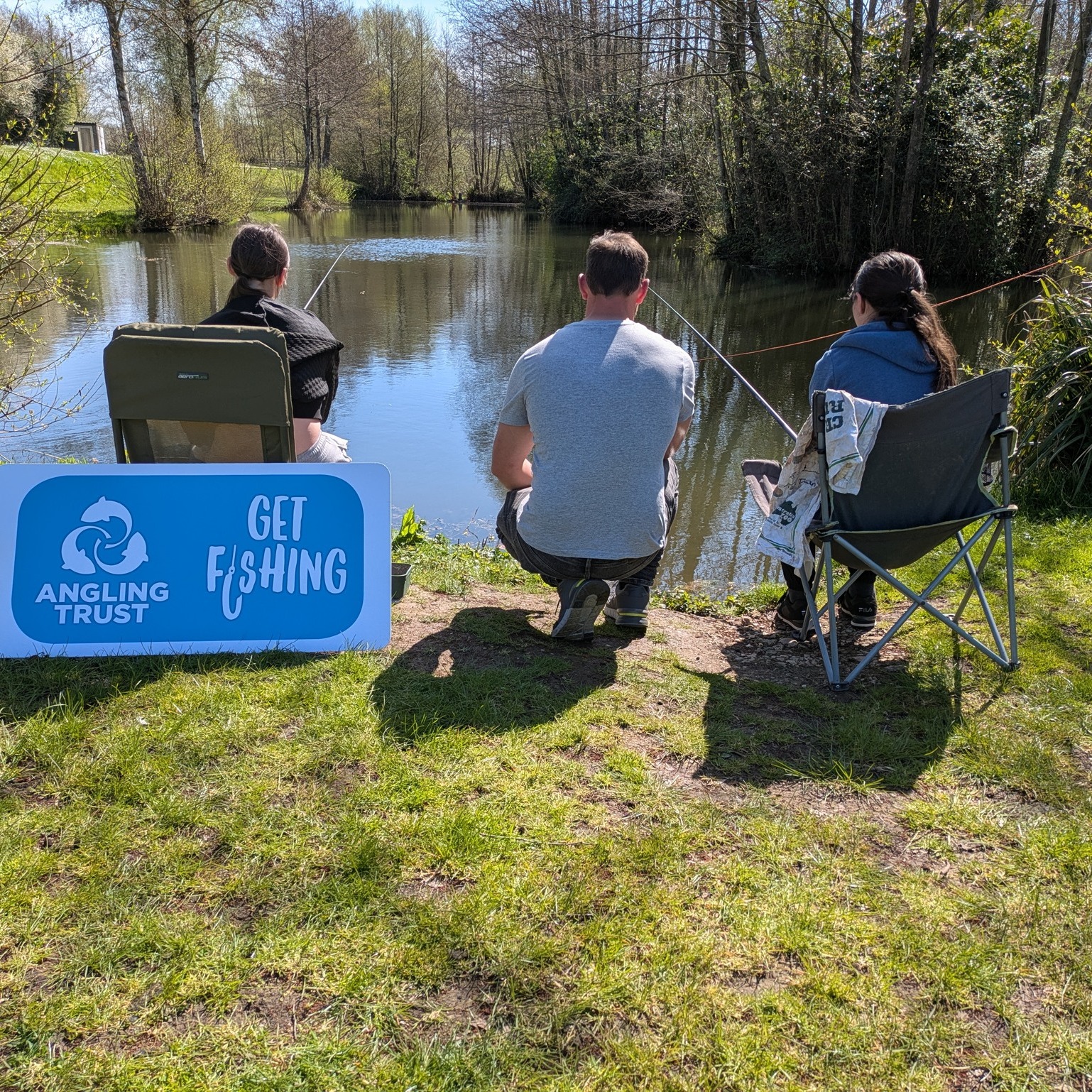
Underdog Crew hosts top draw fishing events with Hintlesham…
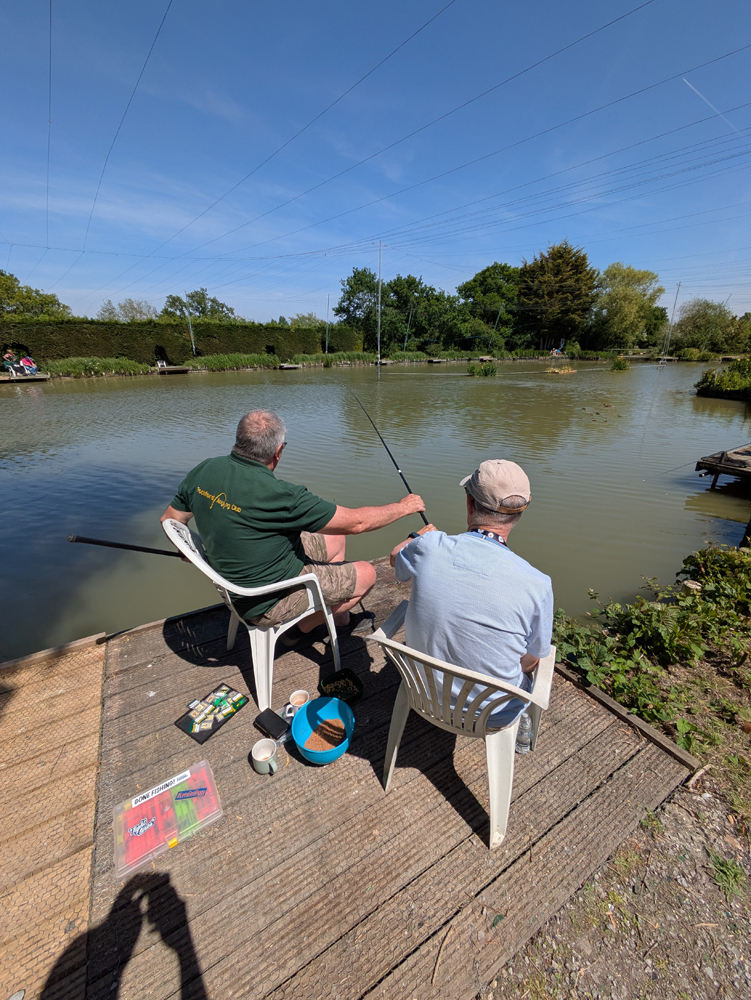
NEW BLOG: Fishing helped my Peaceful Place members with…
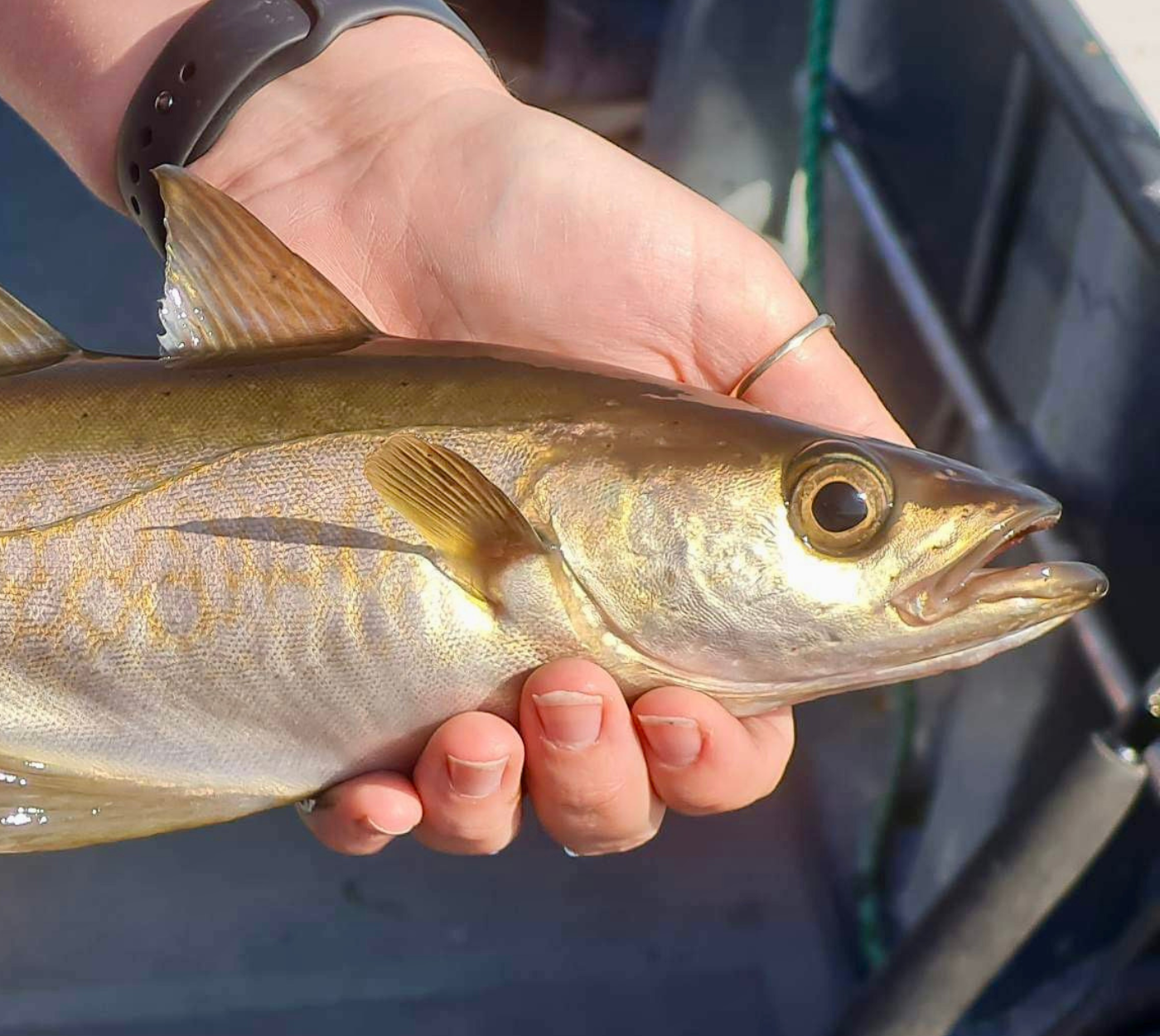
Minister’s Visit Highlights Collaborative Action on Pollack Conservation

Angling Trust calls for radical reforms to end sewage…
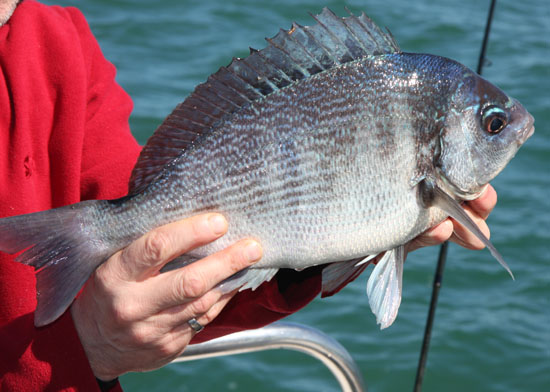
Have Your Say: Shape the Future of Black Bream…
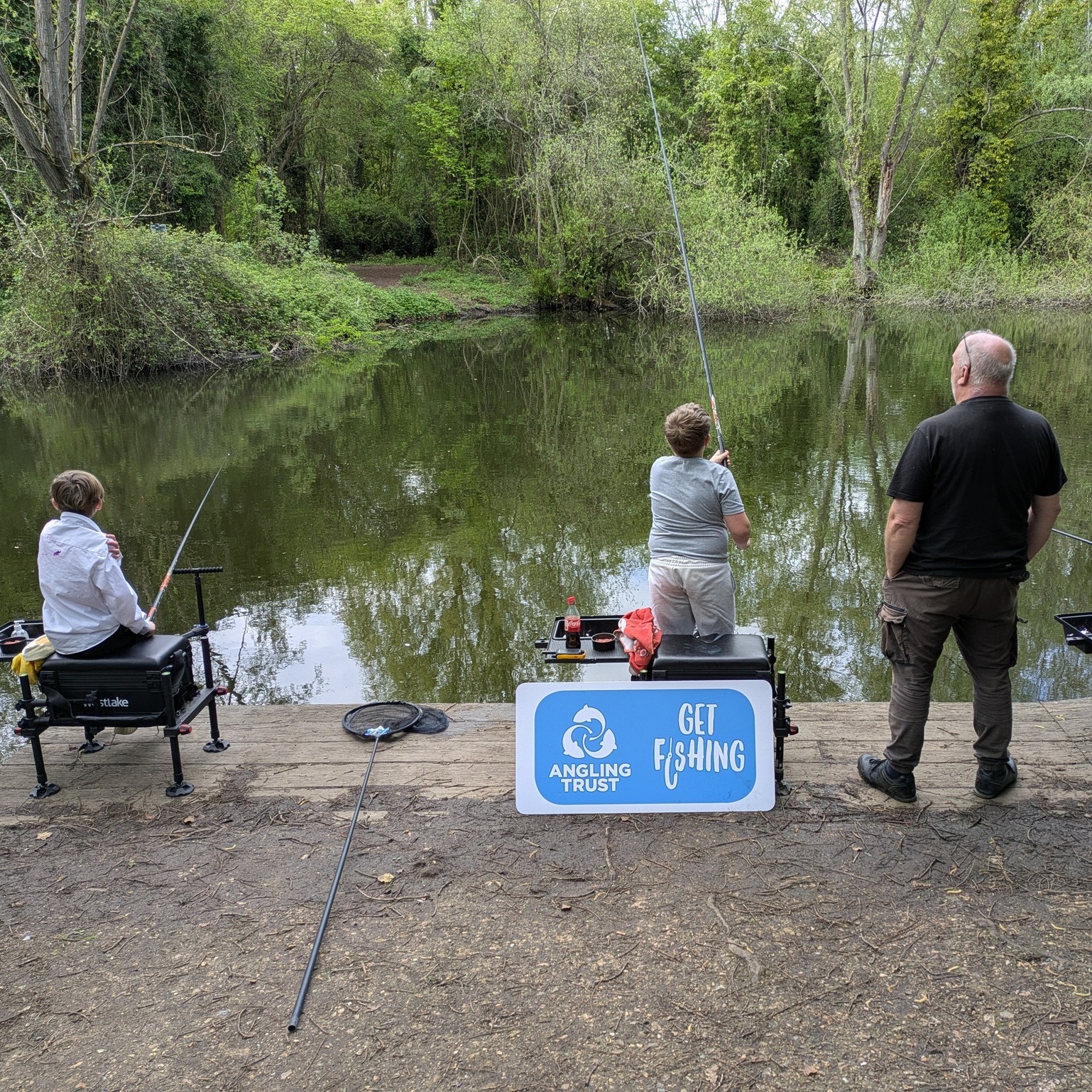
NEW BLOG: Get Fishing Award event for North Cambridge…

We want a water industry fit for purpose

Another year of anglers’ data reveals another year of…

Get Fishing Fund – Funded Project: ‘Summerhayes Junior Angling…

Will the UK-EU Fisheries Deal Deliver for Sustainability and…

The smile says it all! Kayson is hooked! –…

Our Man with a Mullet! Dean Asplin, enjoys a…

Underdog Crew hosts top draw fishing events with Hintlesham…

NEW BLOG: Fishing helped my Peaceful Place members with…

Minister’s Visit Highlights Collaborative Action on Pollack Conservation

Angling Trust calls for radical reforms to end sewage…

Have Your Say: Shape the Future of Black Bream…

NEW BLOG: Get Fishing Award event for North Cambridge…

We want a water industry fit for purpose

Another year of anglers’ data reveals another year of…

Get Fishing Fund – Funded Project: ‘Summerhayes Junior Angling…

Will the UK-EU Fisheries Deal Deliver for Sustainability and…

The smile says it all! Kayson is hooked! –…

Our Man with a Mullet! Dean Asplin, enjoys a…

Underdog Crew hosts top draw fishing events with Hintlesham…

NEW BLOG: Fishing helped my Peaceful Place members with…

Minister’s Visit Highlights Collaborative Action on Pollack Conservation

Angling Trust calls for radical reforms to end sewage…

Have Your Say: Shape the Future of Black Bream…









